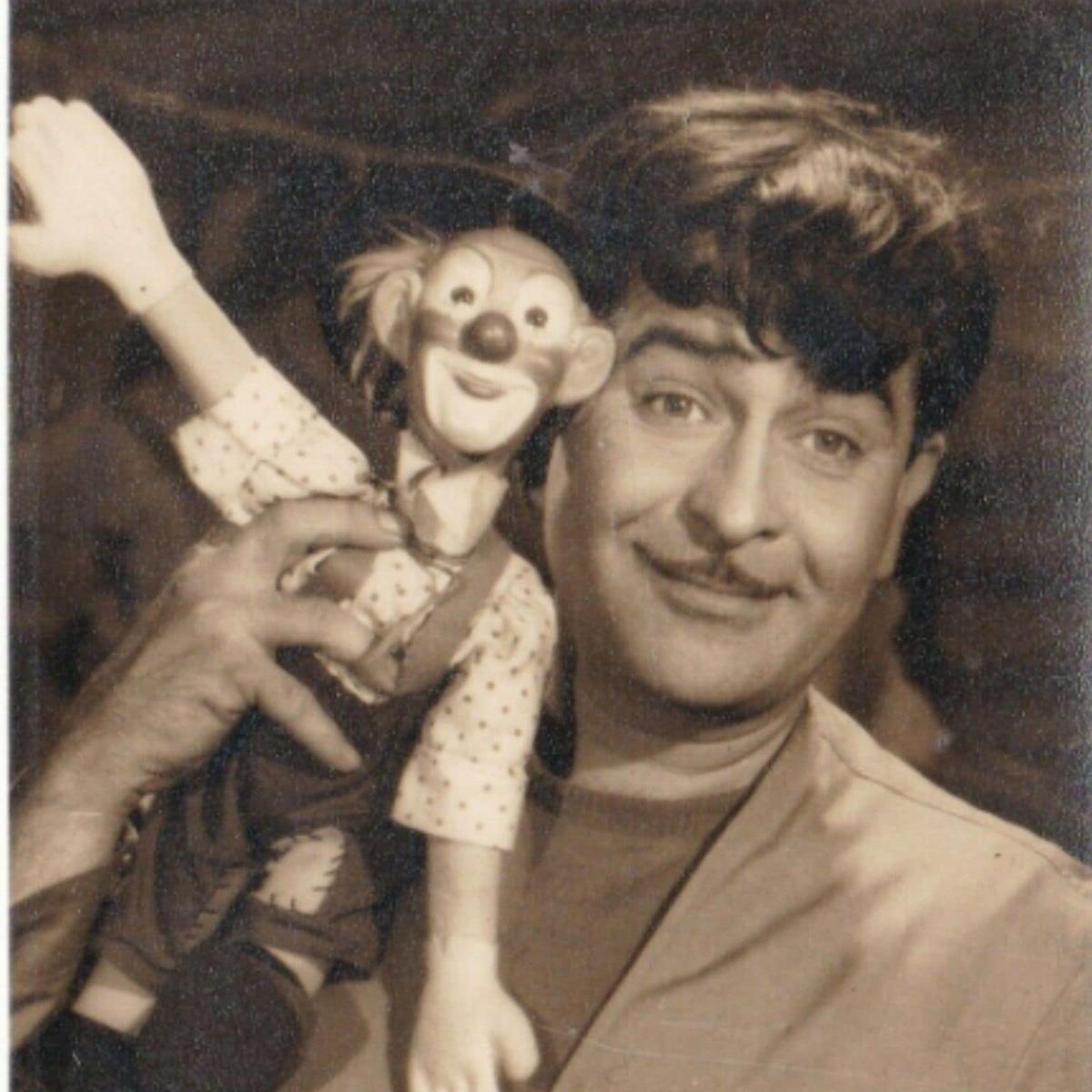Mukesh sang till his last breath
Mukesh, who died during a concert in the U.S., was among the three titans who ruled the Hindi film music world
Mukesh, who died during a concert in the U.S., was among the three titans who ruled the Hindi film music world
When you talk about Mohammed Rafi and Kishore Kumar, the other name that immediately comes to mind is that of Mukesh, who was known for his distinct style. What set him apart among the many legends of the golden era of Hindi film music was his nasal twang. His no-frill singing had a melancholic quality about it that tugged at the listeners’ heartstrings. Even today you can feel the pathos in ‘Kahin door jab din dhal jaye’ from Anand, ‘Kabhi kabhie mere dil mein khayal’ from Kabhi Kabhie and ‘Jeena yahan marna yahan’ from Mera Naam Joker. July 22 marked Mukeshchand Mathur’s 99th birth anniversary.
From his debut song, ‘Dil hi bujha hua ho’ composed by Ashok Ghosh, for the film Nirdosh (1941), which he also starred in, to his swan song ‘Chanchal sheetal nirmal komal’, recorded for Lakshmikant-Pyarelal’s Satyam Shivam Sundaram (1976), Mukesh has sung many timeless numbers.
After completing recording for the latter, Mukesh left for a concert tour of the U.S., where he passed away while performing on the stage.

‘Mera Naam Joker’
| Photo Credit: The Hindu Archives
Varied genres
Though he was referred to as ‘voice of Raj Kapoor’ and ‘prince of pathos’, Mukesh had also lent his voice to Manoj Kumar, Jeetendra, Dharmendra, Dev Anand, and Rishi Kapoor. He proved his versatility with the light number ‘Mera joota hai Japani’ (Shree 420), classically-based ‘Tum bin jeevan’ (from Anita), devotional ‘Jyot se jyot’ (Sant Gyaneshwar), patriotic ‘Chhodo kal ki baatein’ (from Hum Hindustani), and the qawwali ‘Tum agar mujhko na chaho’ (Dil Hi To Hai).
Mukesh had rendered some of his best songs with Lata Mangeshkar. There are quite a few films that are remembered only for his songs such as ‘Yeh mera deewanapan hai’ (Yahudi), and ‘Dil jalta hai to jalne do’ (Pehli Nazar), which he sang much like his idol K.L. Saigal in 1945.
It was Shankar-Jaikishan, who brought Mukesh out of the Saigal shadow with Barsaat (1949). With innumerable hits to his credit, the singer was known to encourage new talents in his own way. For instance, he refused to overdub when Manhar Udhas (who sounds like Mukesh) got his first break in Kalyanji-Anandji’s Vishwas (1969) in which most of the songs were sung by Mukesh. He also refused to dub ‘Loote koi man ka nagar’, again sung by Manhar (from Abhimaan), for S.D. Burman.
Mukesh sang the most for Roshan, Shankar-Jaikishan, Salil Chowdhury, Kalyanji-Anandji and Laxmikant-Pyarelal. One of his most popular songs ‘Awara’ was a huge hit outside India too, especially Russia.
While some of his detractors pointed out to his narrow vocal range, composers created songs that suited his voice. And that was the key to his success.
Back in the reckoning

Rajesh Khanna in ‘Anand’
| Photo Credit: The Hindu Archives
According to his son Nitin Mukesh, his father’s career went through a lull after the mega-success of Sangam (1964). But after the release of Milan (1967), that had music by Lakshmikant Pyarelal, Mukesh was back in the reckoning. “Overwhelmed, my father suggested the duo’s name to Raj Kapoor, who was then looking for a composer for Bobby.”
Mukesh was like a lucky mascot for several actors and composers: he sang the first song for Manoj Kumar (Kaanch Ki Gudiya), Dharmendra (Dil Bhi Tera Hum Bhi Tere), Sanjeev Kumar (Nishan), Rajesh Khanna (Raaz) and Rishi Kapoor (Mera Naam Joker) besides singing for the debut films of Shankar Jaikishan (Barsaat), Madan Mohan (Aankhen), L-P (Parasmani), Sonik-Omi (Dil Ne Phir Yaad Kiya) and Bappi Lahiri (Nanha Shikari), and the comeback movies of Salil Chowdhury (Anand) and Khayyam (Kabhi Kabhie).
Mukesh won many awards and honours, including the National Award for ‘Kayi baar yoon hi’ (Rajnigandha / Salil Choudhury). His concert tours were always a sellout. Even today, Nitin admits to an unceasing demand for hits from Barsaat, Awara, Aah, Shree 420, Chori Chori, Anari, Jis Desh Mein Ganga Behti Hai, Himalay Ki God Mein, Saraswatichandra, Milan, Shor, Roti Kapada Aur Makaan, Anand, and Dil Hi To Hai.
It was on August 27, 1976 that All India Radio and Doordarshan announced: “Mukesh is no more.” But his songs live on.
The Mumbai-based writer is an independent journalist.
For all the latest Entertainment News Click Here
For the latest news and updates, follow us on Google News.
